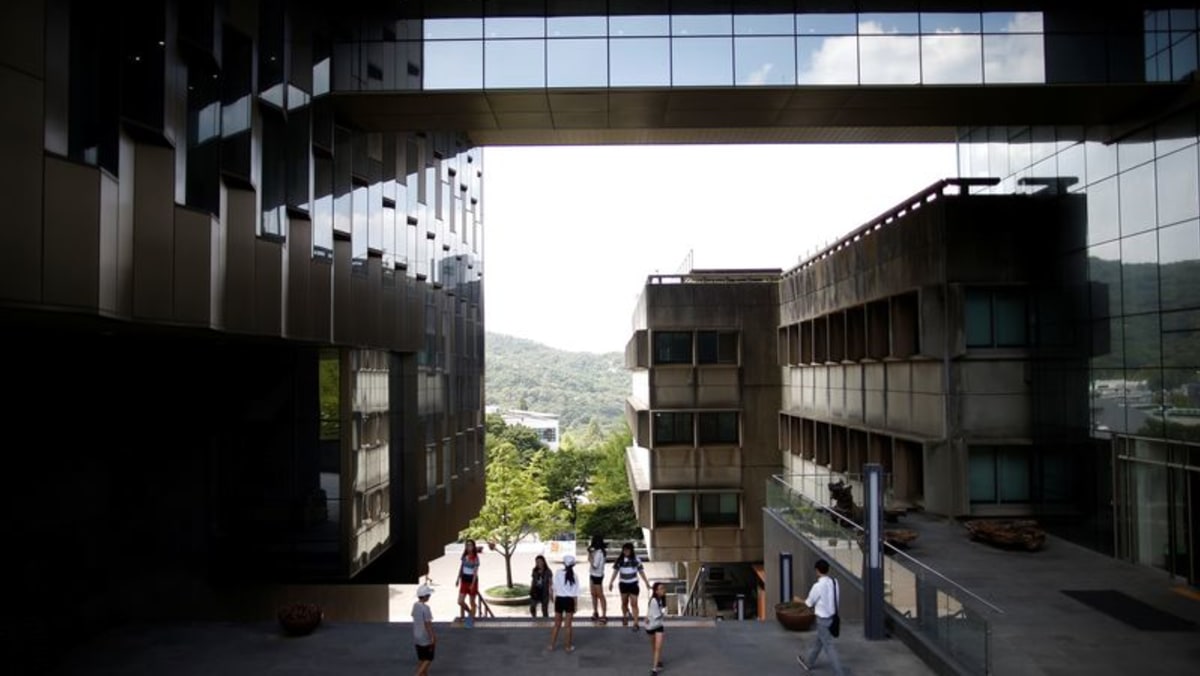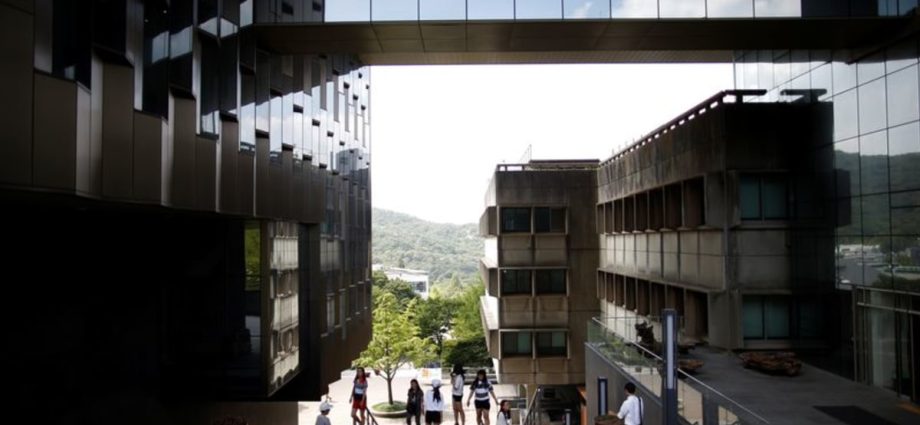
South Koreans spent a record 26 trillion won (US$19.97 billion) on private education last year, despite a declining student population, a joint report by the education ministry and the government statistics bureau showed.
Nearly eight in 10 students use in private education products such as cram schools, known as “hagwons”, according to the report.
This heavy reliance on private education has helped result in South Korea’s having the world’s highest cost of raising a child, according to a report last year, and the world’s lowest birth rate.
Killer questions are typically drawn from material not covered in public school curriculum, opening the door for “hagwons” to promote their ability to teach students how to solve them.
Proponents of such questions say they help colleges select candidates in a competitive environment, but Yoon cited the issue of fairness, noting not every family could afford to pay for extracurricular classes.
Shin So-young, an activist at civic group The World Without Worry About Private Education, said the planned changes may not be enough to contain the competition.
“The government needs to come up with a broader plan that addresses the question of how to alleviate this excessive competition to get into a few of the best universities,” Shin said.
Last year, nearly 450,000 high school seniors across the country and graduates taking the test again sat for the exam in November. The all-day event suspends airline flights during the listening comprehension portion of the English test.
Shares of education-linked companies in South Korea fell on concerns over changes in policies.
Woongjin Thinkbig closed down 1.44 per cent for Monday while MegaStudyEdu was down 2.11 per cent.

